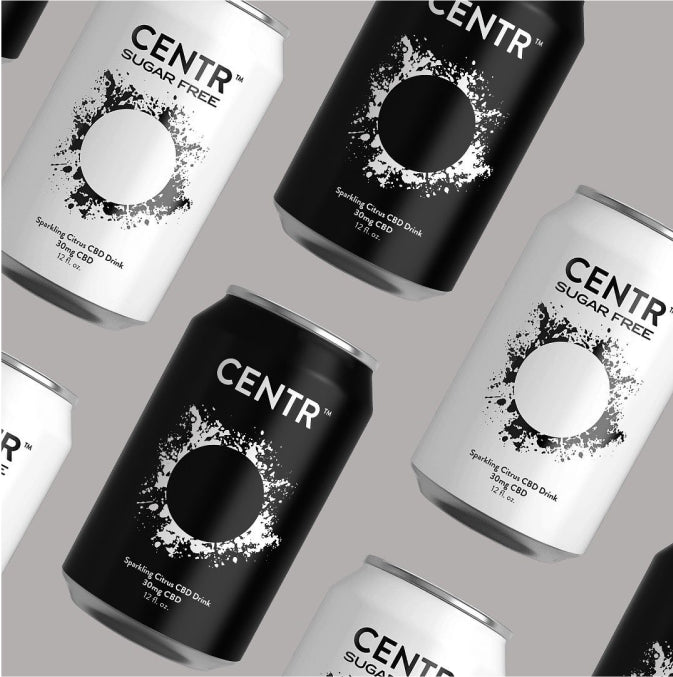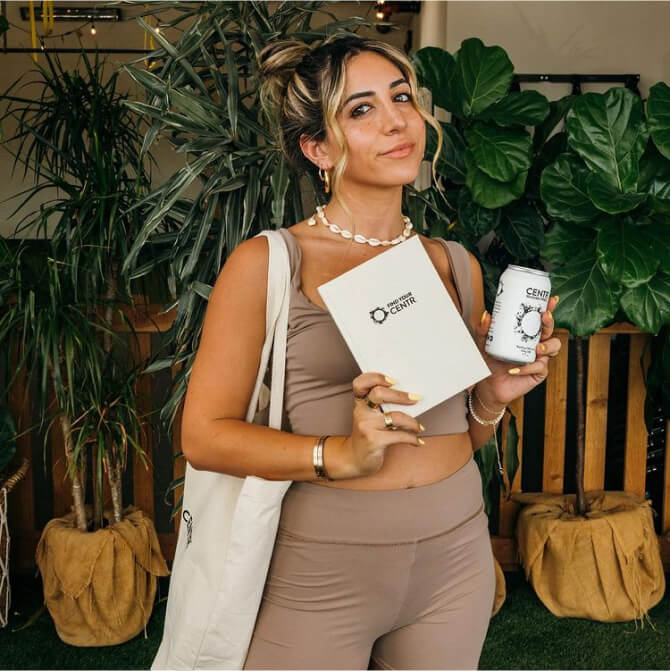It's 2023, and we want to know: is CBD federally legal?
- The answer is yes- but with some crucial distinctions and parameters.
Let's dig in: Is CBD Federally Legal?
--CBD is legal if CBD products contain less than 0.3% THC and come from the hemp plant.
At a Glance: Is CBD federally Legal in the USA?
Several considerations can help you to navigate CBD laws within the United States, including:
- CBD derived from the hemp plant, and consists of no more than 0.3% THC is legal on a federal level.
- Different states have different regulations on CBD. It's best to contact your local government to confirm CBD laws in your state. Some states have strict and specific laws surrounding the use of CBD. So, it's essential to be aware of what your state's laws are prior to consuming any of the CBD compound.
- The legal status of marijuana and hemp in individual states is often distinct and not always the same. Do not mistake hemp laws for marijuana laws.
- Under federal law, CBD consumers can receive CBD products in the mail across all 50 states, as long as they are hemp-derived and contain less than 0.3% THC.
- You have many options available to you when shopping for CBD products. You can purchase legal hemp-derived CBD products online, no matter where you live in the US.
A note on the above points:
Again, just because federal law states CBD is legal doesn’t mean your state laws are on board with it. Always check the law in your local area. Now that we know CBD's fundamental federal legality let's recap: What is CBD?

CBD: What is it?
Cannabidiol, or CBD, is a phytocannabinoid from the cannabis plant. The hemp plant contains high amounts of CBD, whereas marijuana contains small amounts of CBD.
Cannabis has gone from sitting on the edge of society to modern-day mainstream in a matter of years. Today, we find CBD products everywhere. There's no shortage of CBD creativity, from gummies and capsules to CBD beverages and tinctures.
Unlike THC (another phytocannabinoid found in marijuana), CBD is non-psychoactive. When used alone, it cannot, by nature, cause intoxication- nature made it that way. On the other hand, it seems nature crafted THC to induce psychoactive effects.
Cannabinoid plays a vital role in maintaining optimal health and wellness. This is one of the reasons it has been studied so much recently.

What is The Farm Hemp Bill?
Before we continue, let's dispel one common myth about the Farm Bill:
The myth is this:
All CBD is legalized due to the Farm Bill. The Farm Bill (Section 12619) legalizes hemp-derived products. This does not mean all cannabis is legal. The fact that CBD can be harvested from hemp is what makes hemp-derived CBD products legal.
The confusion comes in when some states have legalized marijuana, which, like hemp, is a type of cannabis sativa.
This can get confusing, right? With the above statement in mind, let's get a few things straight:
Hemp and marijuana are both considered types of cannabis (cannabis sativa). But hemp is not marijuana- and marijuana is not hemp. They are different varieties of cannabis sativa plants.
Essentially, the 2018 Farm Bill removed hemp products from Schedule 1 status, effectively legalizing hemp CBD products.
Remember, this does not provide blanket legalization to all CBD products.

Hemp vs. Marijuana
Did you know more than 60% of Americans consider hemp and marijuana the same thing? Let's change that.
If we're having a conversation about federal cannabis and CBD legalization, we need to understand a few things:
- The federal government identifies two varieties of the cannabis sativa plant; marijuana and hemp.
- Hemp contains high levels of CBD in comparison to marijuana. It is also the lesser processed form, despite its federal legal status.
- Hemp can contain trace levels of THC (or delta 9-tetrahydrocannabinol), the cannabinoid responsible for making you feel high. However, for a plant to be classified as 'hemp,' it has less than 0.3% THC. If a hemp plant tests at higher THC levels, it is no longer considered hemp. In an effort to direct federal cannabis laws towards economic rather than recreational use, Congress established a definition of industrial hemp.
- Industrial hemp is the cannabis sativa variety containing cannabinoids CBD, CBA, and THC concentrations of 0.3% or lower. This is based on a dry weight basis. In some states, hemp and marijuana are legal according to state laws. In others, CBD is still heavily regulated, whether from hemp or not. This is why it is essential to brush up on your state laws.
What does the FDA say?
The FDA stands for the Food and Drug Administration, and many people assume they're in charge of policing CBD products. But the reality is stark in comparison. Sure, the FDA is charged with policing our safety when it comes to food and medicine. But they do not regulate the average hemp-based CBD product we see almost everywhere.
In fact, there is only one FDA-approved CBD-based drug. This drug is Epidolex and was developed for epilepsy.
So why has the FDA not approved other cannabis-based products for medicinal use?
The process for FDA approval can take several years. But there's been recent accelerations in CBD product development. And strides in legalization, why are we lagging? It seems the aggressive war on drugs is hindering the development of modern medicine.
As of today, the following FDA prohibitions stand for CBD:
- It cannot be sold as an unapproved medicine
- CBD cannot be sold as a dietary product
- CBD cannot be sold as food
In short, no CBD products can be sold under the premise of having medical claims. No wonder the marketing jargon for many CBD companies seems vague. Words like “promote” and “support” are loopholes for CBD companies. This allows them to market their products as long as they steer clear of medical claims. Disclaimer: Any information provided in the blog is not intended to diagnose, treat, cure, or prevent any disease. THE FDA HAS NOT EVALUATED THE PRODUCTS SOLD ON THIS WEBSITE FOR SAFETY OR EFFICACY.
These products are only fit for use by adults 18 and above. Keep out of the reach of children. If you are pregnant or breastfeeding, consult a health care professional prior to use.






